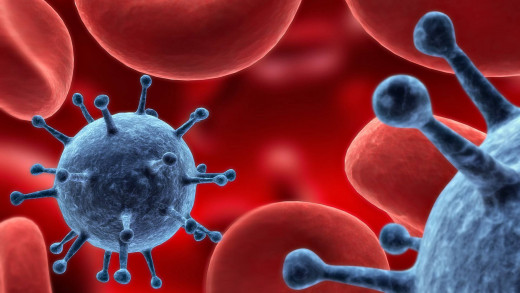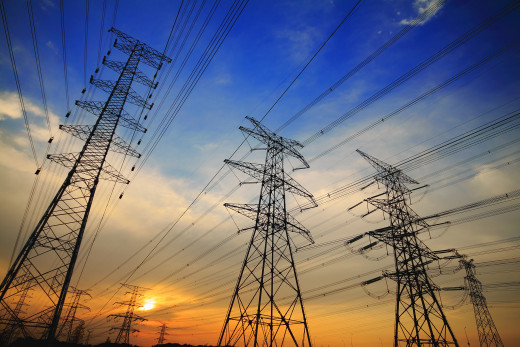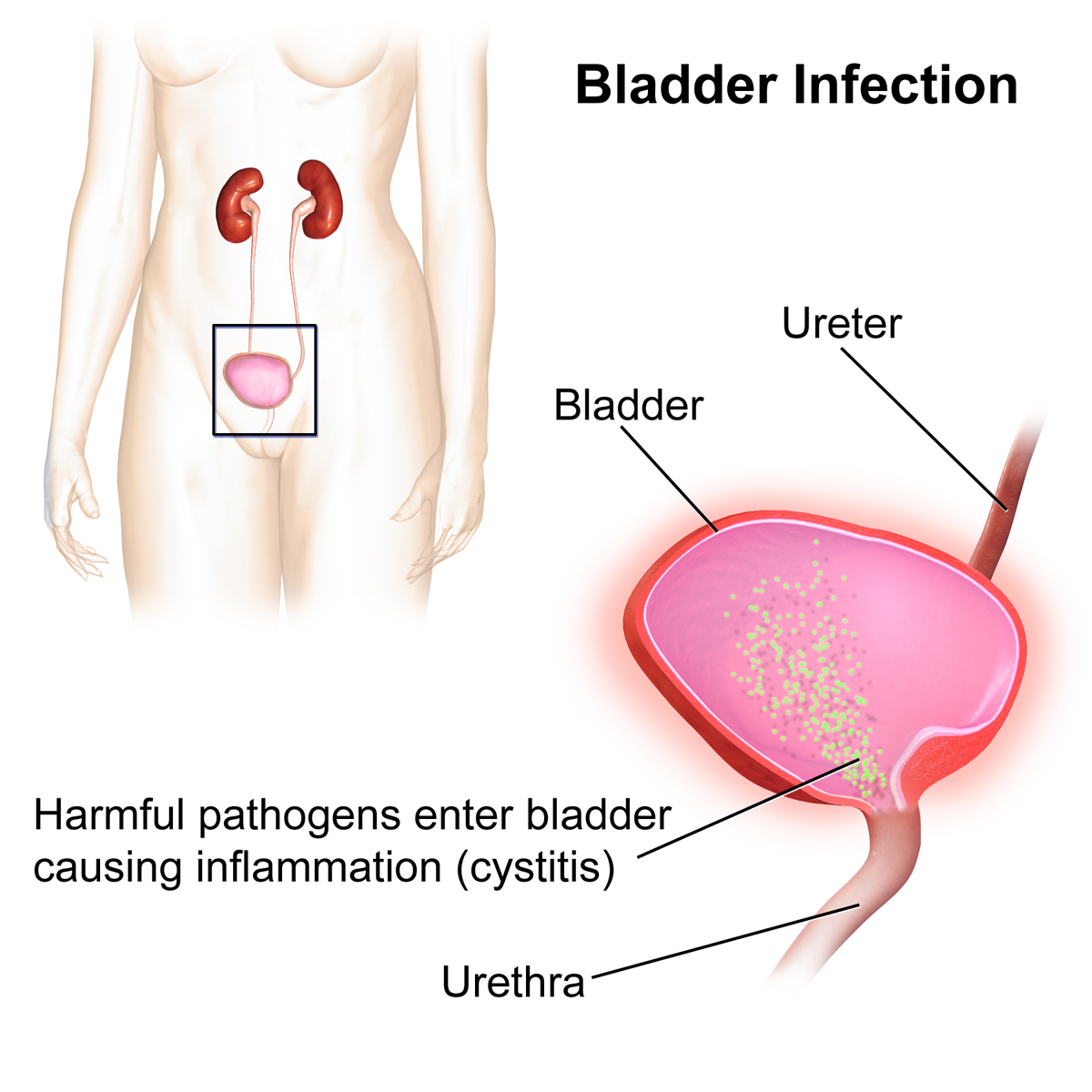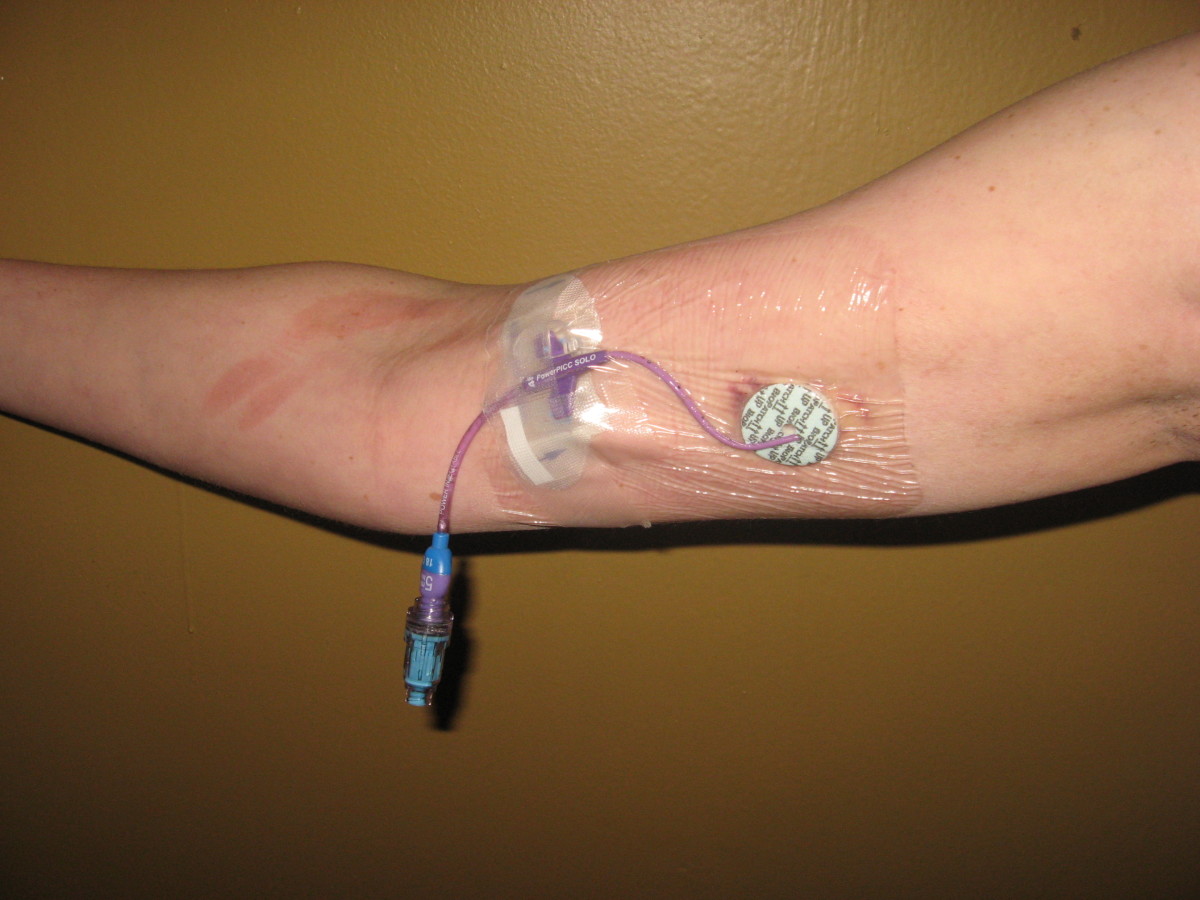4 Reasons the Future is Really Scary
The Iron Man Series is Losing its Sci-Fi Factor
There are some limitations of course, but in reality, technology resembling the Iron Man Suit is becoming closer and closer to actual military use. It seems that concepts reserved for video games and superhero movies are now being developed without CGI. For example, the company Raytheon has developed a machinery exoskeleton that is capable of drastically enhancing human force. Aside from artificial muscle enhancement, the exoskeleton (named EXOS 2), is designed to support its own weight, carry stronger armor, and provide for soldiers to carry heavier supply packs.
In fact, a compilation of extant technologies allows us to build an almost fully functional Mark 1 at this very moment. All capabilities are accounted for, including its bullet proof exterior, firepower, and short range propulsion. Basically, the only component we don’t have (and might never have) is the arc reactor. The arc reactor is entirely artistic license because the outstanding qualities it possesses are impossible. Scientists have practically written off the possibility of having such a minuscule power source that emits the same amount of energy as an entire nuclear plant.
Aside from Iron Man, it is not foolish to assume our younger generation will witness scenes of advanced warfare from a theater rolling before their eyes.
Infections Will Work Faster Than We Do
Antibiotics don’t pose much of a threat by themselves. However, with the help of humans and incompetence, the same material we use to fight infections can make them stronger. Antibiotics are used to treat infections induced by living things. Bacterial infections are in fact living organisms, and like all living things, have the same priority: survival and reproduction. To achieve this, all living things (humans and bacteria alike) are capable of adaptation.
So how are extremely unintelligent beings defending themselves against our medicine? The answer is misuse of antibiotics. People are continuously taking antibiotics when they don’t need them, or not taking them when they do. Antibiotics can only fight living things. Therefore, when taken to appease strep throat (which is caused by bacteria), they work wonders. However, when taken for a sore throat (caused by a non-living virus), not only do they not work, they provide a perfect opportunity for any tiny concentrations of bacteria around the body to have a first-hand look at what will be prescribed to kill them.
Armed with this valuable information, they pass it along to their multiplying offspring. These new bacteria will be immune that version of antibiotics. Then, if they are contagious and passed on to someone else, they too will have a resistant infection. These mistakes will result in infections that can work faster that new medicines can be developed and fatal infections.


The Completion of Moore's Law (aka the Tech Biz Meltdown)
Moore’s law is essentially an observation made by Gordon E. Moore in the 70s that asses the possibility of a point in the future where computers everywhere will no longer be able to operate the way we know them to function today. The problem lies with the computer industry’s complete reliance on transistors.
Ready for some hardcore science? (Not so) basically, transistors are extremely small parts on all electronics that play an enormous role in their function. Transistors work similarly to a switch, stopping and starting the flow of electricity, minus a manual trigger. This action is associated with computer processing, and is vital to all the functions of which our modern computers are capable. According to a bunch of complicated computer science (which they probably have an entire college course on somewhere), these transistors must double each year in order to keep up with the rapid growth of technology.
To fit this exponential growth in transistors, they must continue to become smaller. And they have been. Since the beginning of production of transistors, they have been reduced in size by 98.86%. But with the good comes the bad, and in this case, the bad is very, very bad. Because transistors are forced to become smaller and smaller, they will reach a point when they will actually begin to become weaker. These transistors will have barriers that have been reduced to the point where they are not able to contain electric flow, causing leakage, waste of power, and slowing the speed of all computers. These issues have the potential to hinder communication and compromise our virtual reliance. Rest assured that there are many people working right now to avoid this problem, but it definitely is one we must solve in the near future.
Cyber Terrorism
With the Sony Pictures scandal involving the controversial release of The Interview still fresh in our minds, it has now become a reality for most of us that boundaries guarding virtual property are built with mutual respect more than tangible fortifications. Surely, a business such as Sony that is aware of the importance of keeping files containing unreleased movies, client/employee info, and other property private, would have professionals on their side working to protect their business. Evidently so, these professionals were not enough.
It is hard to tell exactly what would happen in a full-fledged cyber attack, simply because it has never really happened. We have seen attacks on businesses and individuals, but these were generally geared towards monetary gain. These issues generated little to no fear within our society, only reinforcing the importance of personal security where identity and finance information are jeopardized. So what would happen if a country decided inflict a cyber attack for a more large-scale purpose? The answer is nothing good.
One particular concern with substantial merit is an attack on our nation’s Power Grid. The Power Grid is essentially a series of electric highways stretching across the country. Essential to our everyday function, the Power Grid directs large amounts of power to different regions where it may be diverted further to eventually reach our houses, businesses, ect. Obviously, if the Power Grid suffered a successful assault, we would be virtually crippled as far as defense is concerned. Without electricity, we cannot generate radio waves that allow communication through cellphones, internet, and wireless signals. We would have to depend on our saved stores of energy to organize a defense and mobilize a counter maneuver. Most likely, by the time this has been achieved, the actual attack will already have happened.
The reason our Power Grid is so vulnerable is because it was built long before we had the foresight to predict a futuristic situation in which an attack on our electricity supply would be feasible. Additions to the Power Grid have been made, but many experts agree that it is one of the largest gaps in our national security.










